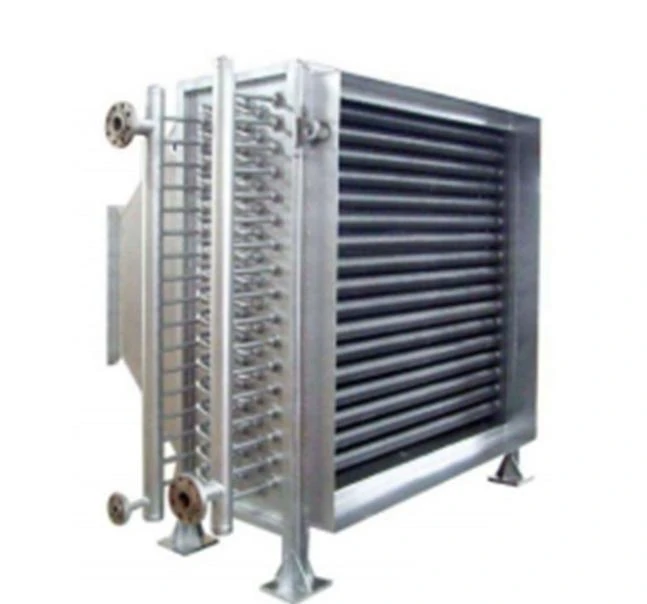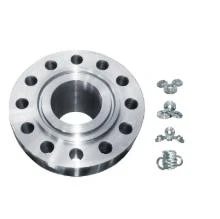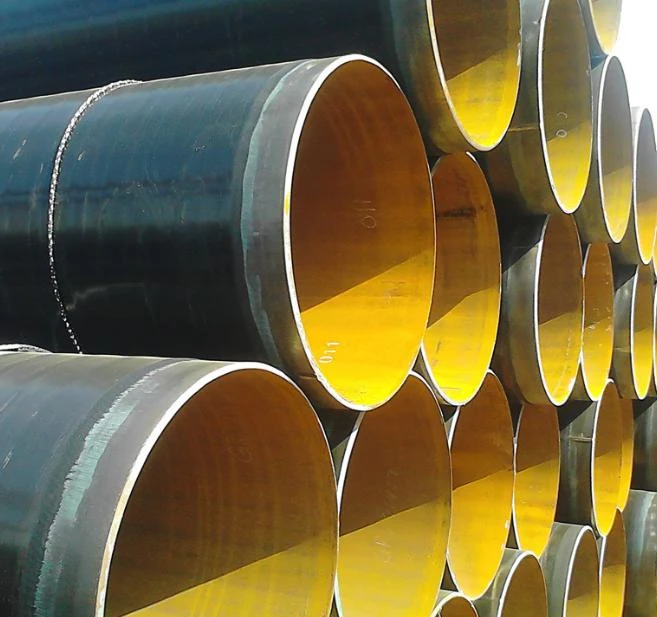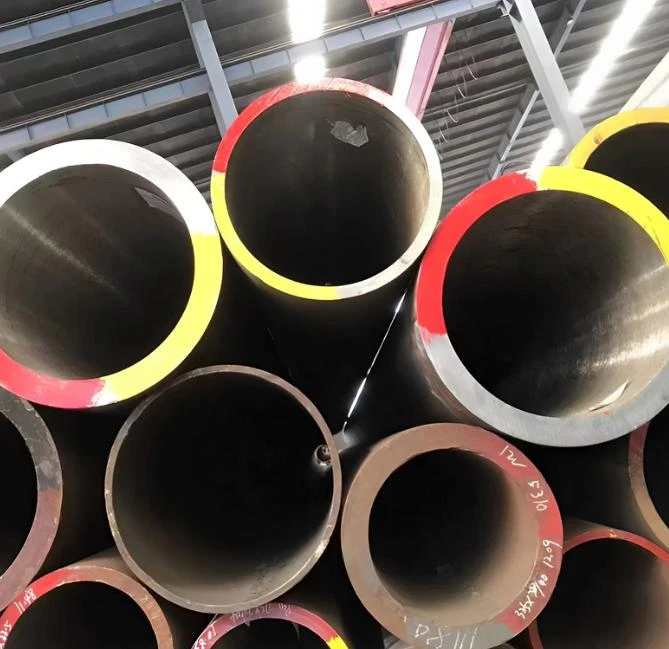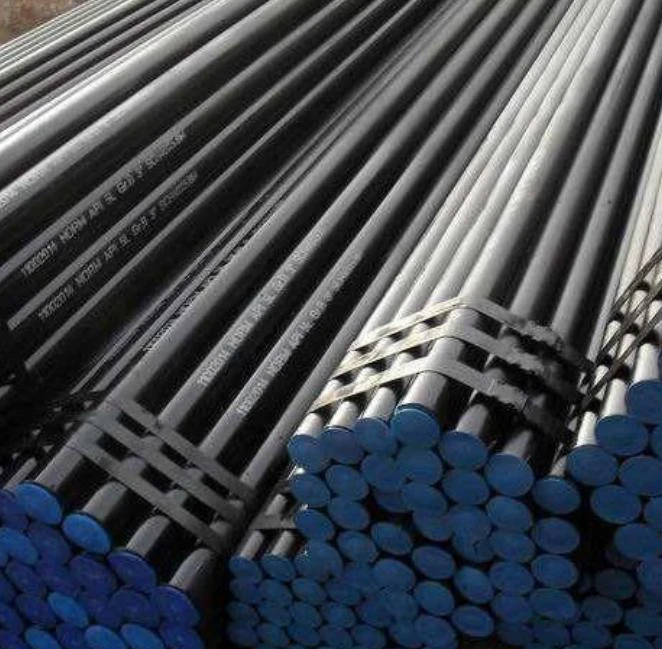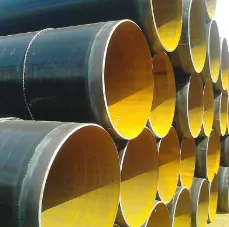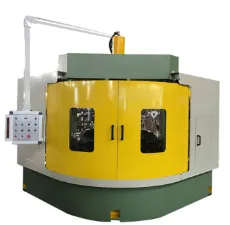Discover the cutting-edge technology and industry advancements transforming weldable steel pipe production in the modern industrial landscape. This guide offers technical insights on carbon pipe welding, welded steel pipe manufacturing processes, and applications of welded ERW pipe products worldwide.
About Beijing Sinoworld Steel Material Co., Ltd.
As a leader in the steel industry for over 15 years, Beijing Sinoworld Steel Material Co., Ltd. specializes in producing premium galvanized welded steel pipe solutions. Contact us for your industrial pipe requirements:
Website: https://www.world-steelmaterial.com
Email: garvinliu@world-steelmaterial.com
Phone: 0086 18610666788
Address: Rm 1103, Shangpintaihu Bld 3#, Tongzhou District, Beijing
Premium Welded ERW Steel Pipe Specifications
Product Name: Welded ERW Steel Pipe
Product Introduction: Our pipes meet the highest industry standards with specifications including ASTM A269, ASTM A213 certifications, and 300 Series steel grades (310S, 316, 321, 304, 304L, 904L). Available in outer diameters from 6-50.8mm (±10% tolerance) with BA surface finish and bright annealing heat treatment. Cold-drawn manufacturing with non-destructive testing (Eddy current or Hydraulic). Certified to ISO and PED standards with 100% inspection.
Product Link: Welded ERW Steel Pipe Details
Technical Specifications of Galvanized Welded Steel Pipe
| Parameter | Range | Standard Specifications | Testing Method |
|---|---|---|---|
| Outer Diameter | 6-50.8 mm | ASTM A53, ASTM A135 | Calibration Measurement |
| Wall Thickness | 0.8-4.0 mm | Schedule 10-80 | Ultrasonic Testing |
| Zinc Coating | 100-275 g/m² | ASTM A123 | Zinc Mass Measurement |
| Tensile Strength | 310-690 MPa | ASTM A500 | Universal Testing Machine |
| Pressure Rating | 300-1200 PSI | ASME B36.10 | Hydrostatic Testing |
Material Performance Analysis
Galvanized Welded Steel Pipe Applications
The versatility of galvanized welded steel pipe makes it ideal for numerous industrial applications. In construction, weldable steel pipe is essential for structural frameworks, scaffolding systems, and architectural elements due to its strength-to-weight ratio. For infrastructure projects, these pipes form the backbone of water transmission systems, sewage networks, and irrigation canals where corrosion resistance is paramount.
Oil and gas industries extensively use welded steel pipe for secondary containment systems, pipe supports, and non-critical process piping. The galvanization process provides essential protection against corrosive elements encountered in drilling operations. Additionally, manufacturing facilities utilize welded ERW pipe for material handling systems, conveyor structures, and machinery frames where dimensional consistency and surface quality are critical.
Material Quality Compliance
Industrial Production Images
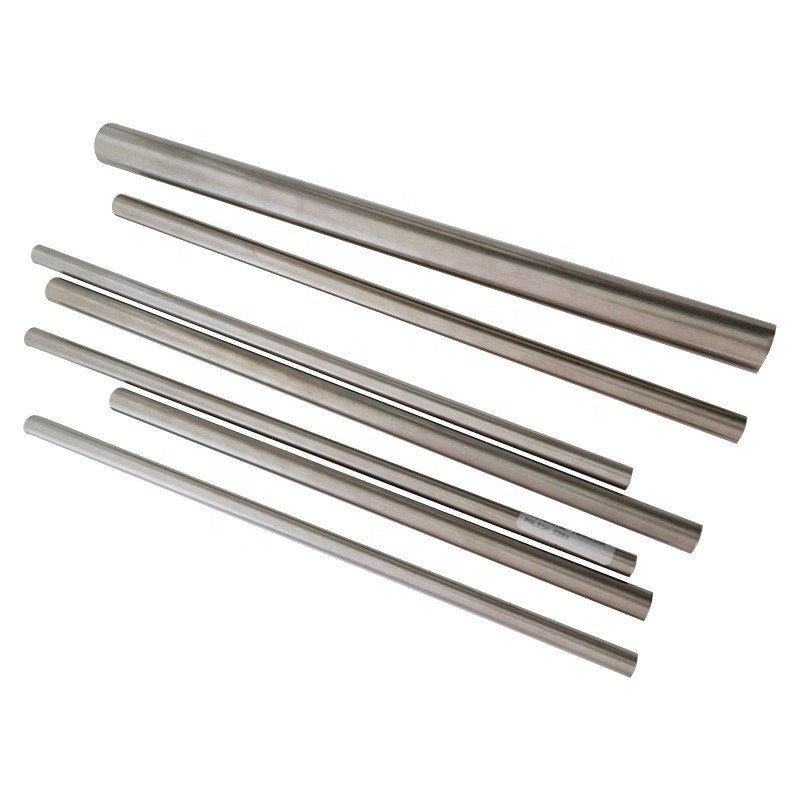
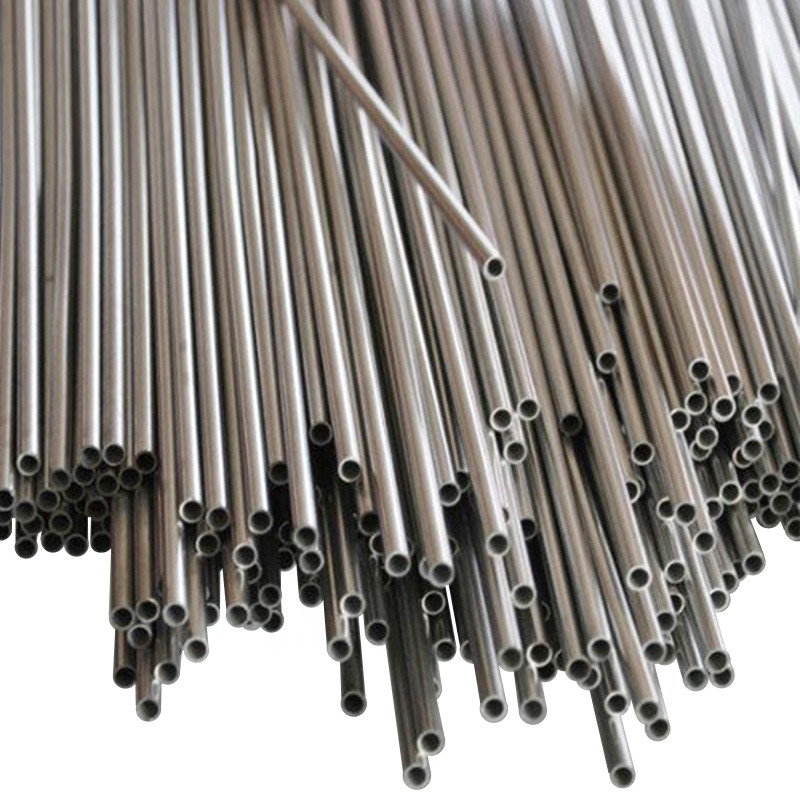

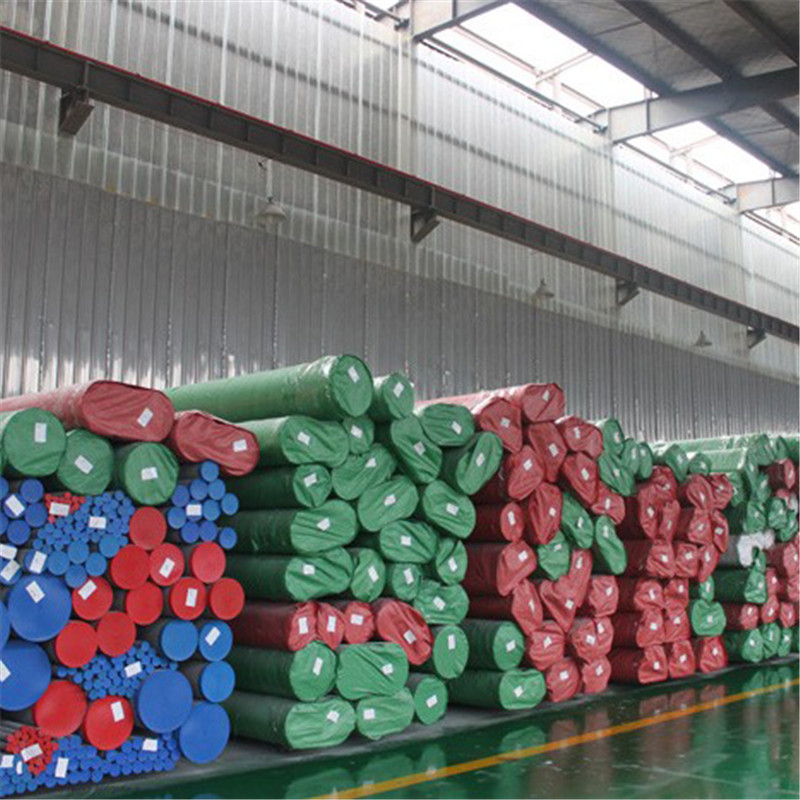
Technical Innovation in Welded Steel Pipe Manufacturing
Modern carbon pipe welding utilizes High Frequency Induction (HFI) technology, creating stronger, more consistent welds than conventional methods. Recent innovations in automated galvanizing processes allow for more precise zinc coating application, significantly enhancing galvanized welded steel pipe durability. The adoption of inline non-destructive testing systems allows 100% inspection of weldable steel pipe products, guaranteeing structural integrity and pressure containment capabilities.
Market Application Distribution
Expert Technical FAQ on Welded Steel Pipe
ERW (Electric Resistance Welded) pipes are manufactured through high-frequency electrical resistance welding of steel coils. This process offers better dimensional accuracy and surface quality compared to SAW (Submerged Arc Welding) pipes, making it ideal for applications requiring precise tolerances. ERW pipes undergo bright annealing for improved corrosion resistance and mechanical properties.
Zinc coating weight selection (typically between 100-275 g/m²) depends on environmental conditions and service life requirements. Industrial environments require heavier coatings as specified in ASTM A123. For pipes exposed to saltwater spray, coating weights exceeding 200 g/m² are recommended to achieve long-term corrosion protection.
Pressure ratings for welded steel pipe are calculated per ASME B31.3 standards using the formula: P = (2*S*T*E)/(D-2*T*Y) where S represents material tensile strength, T is wall thickness, D is outer diameter, E is weld efficiency factor (0.85-0.95 for ERW pipes), and Y is material coefficient.
Bright annealing is conducted in oxygen-free atmospheres (typically hydrogen/nitrogen mixtures) at 1010-1120°C. This critical heat treatment process relieves cold-forming stresses, improves corrosion resistance by preventing carbide precipitation, and maintains a smooth surface finish ideal for sanitary applications requiring passivation treatments.
Premium galvanized welded steel pipe undergoes multiple NDT assessments: Eddy Current Testing for near-surface flaws, Ultrasonic Testing for weld integrity, Hydrostatic pressure testing at ≥150% working pressure, and visual inspection per ASME B31.3 standards ensuring zero welding defects.
International Standards Compliance
Technical References & Industry Research
- American Welding Society. (2023). "Advances in ERW Pipe Manufacturing Technology." Welding Journal, 102(7), 45-58. https://app.aws.org/wj/2023/07/journal/
- International Zinc Association. (2022). "Corrosion Protection Mechanisms of Galvanized Steel Pipe in Industrial Environments." Corrosion Science Division Reports. https://www.zinc.org/corrosion-protection-publications/
- ASM International. (2023). "Metallurgical Analysis of ERW Welds in Carbon Steel Pipe." Handbook of Structural Pipe Engineering (Vol. 4), 223-241. https://www.asminternational.org/structural-pipe-handbook
- International Pipe Standards Association. (2023). "Global Standards Harmonization in Welded Pipe Manufacturing." Technical Bulletin TB-187. https://www.ipsa-standards.org/technical-bulletins
Post time: Jul . 22, 2025 07:01










